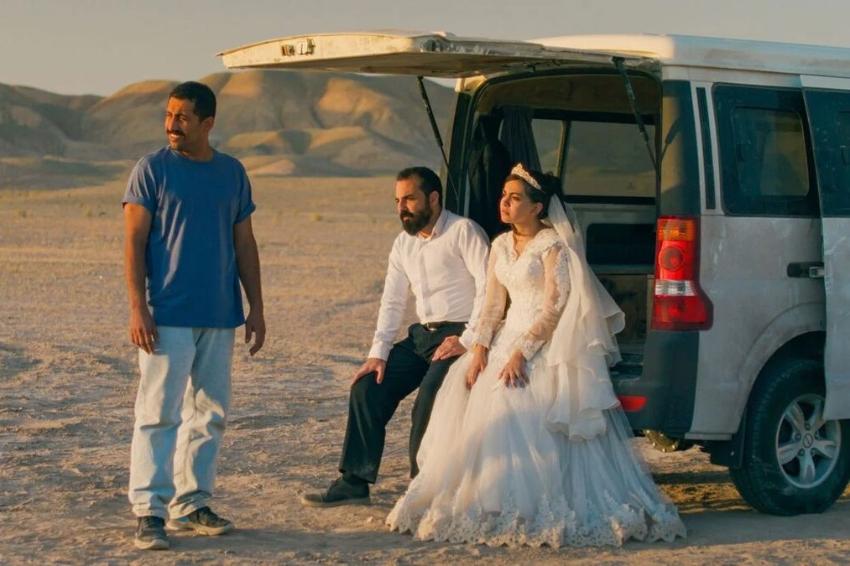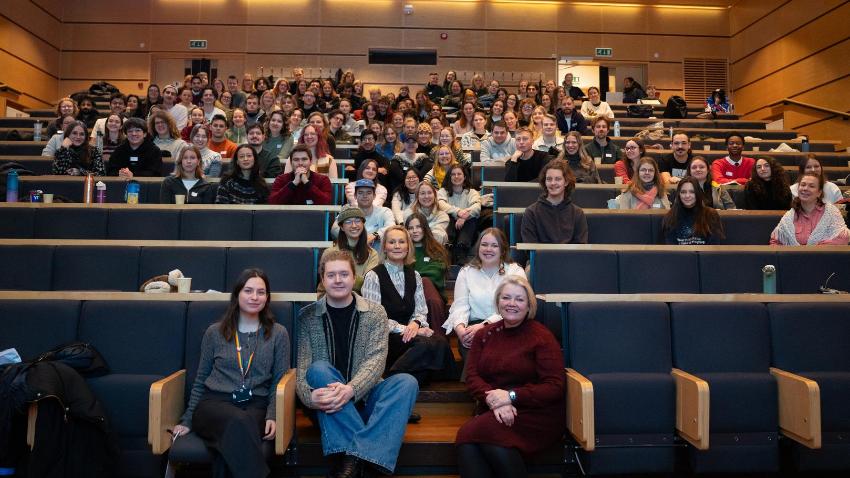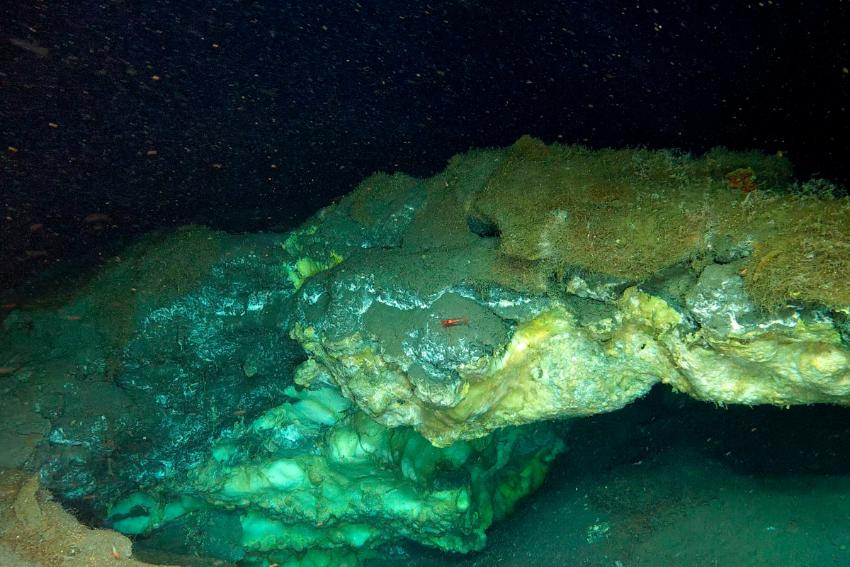Decolonialising EU research programmes
A group of researchers will make proposals for the decolonialisation of EU research programmes through a roadmap. Among the partners are the Indigenous Voices research group at UiT The Arctic University of Norway and the Saami Council.
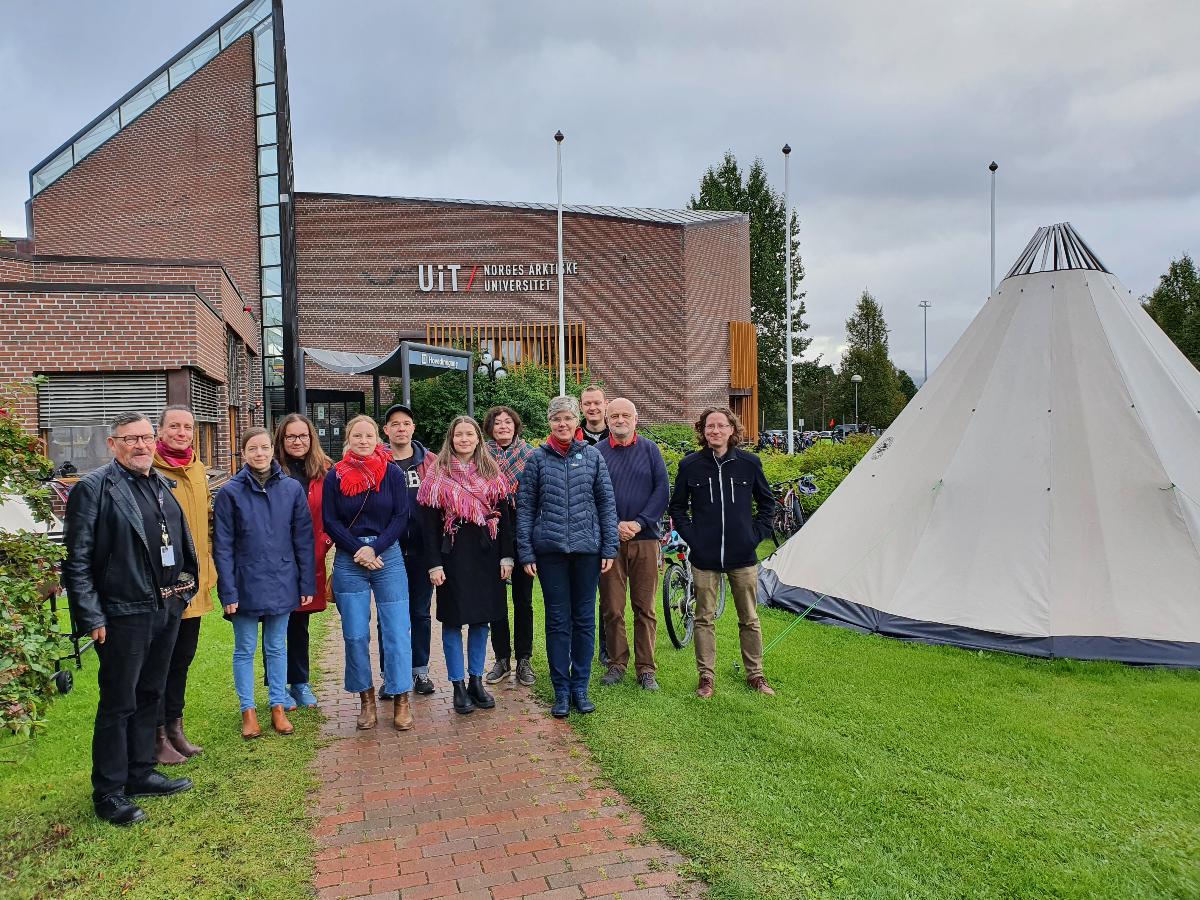
This consortium of scientists from across Europe is now working together to develop a document for the European Commission on how to make the EU’s research programmes more inclusive when it comes to research in the Arctic
Associate Professor at the Department of Child Welfare and Social Work at UiT, Jan Erik Henriksen, says there is a large influx of new research projects in indigenous areas that must take into account indigenous peoples’ knowledge and worldview. In addition, there is a need to rethink research ethics and collaboration. The EU, which funds the world’s largest research programme, has a great responsibility to promote inclusive research.
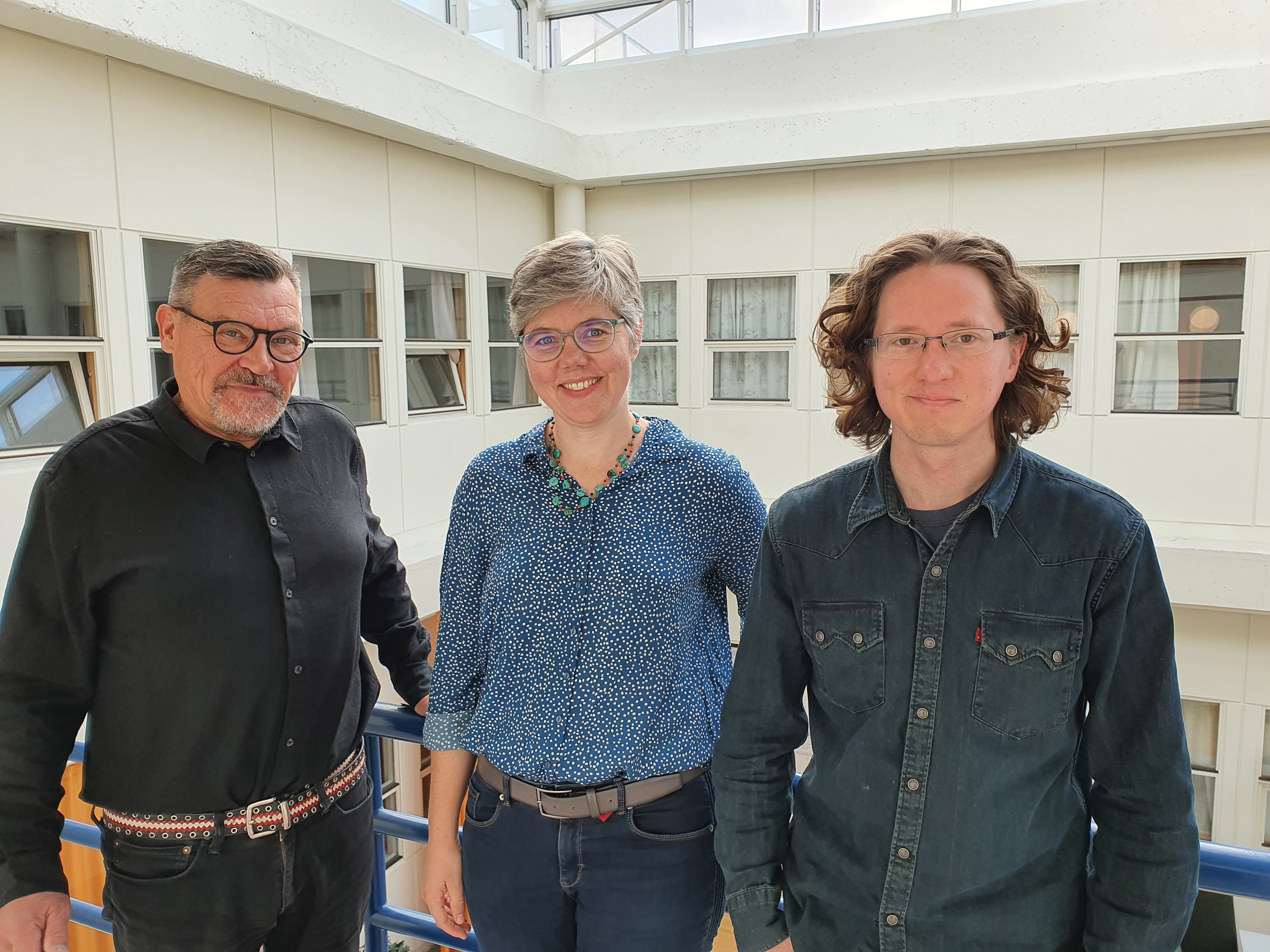
Highlighting
EU Polar Net has funded the project so that researchers can work together and create what the EU system calls a ‘roadmap’. The partners have conducted interviews with the European Commission and carried out a survey with researchers who have experience regarding collaborative projects.
“We have also organised a number of digital seminars with indigenous researchers on the co-creation of knowledge. We are committed to building bridges between scientific and traditional knowledge”, says Associate Professor Henriksen. He emphasises that those who participate in this network are experienced researchers and knowledge-bearers from a number of different institutions.
Indigenous people and research
In the application to the EU to carry out this project, it is stated that the European Commission will receive a science-based account of how to achieve the objective of more integrative, relevant and fair knowledge building. Put another way, this consortium will show how it is possible to collaborate on indigenous research in different types of partnerships. This includes innovative thinking about funding, project design and focus on indigenous peoples’ knowledge requirements. Part of the reason why this research collaboration has been established is that the EU is calling for the integration of decolonial research practices and initiatives that support the rights of indigenous peoples in the Arctic. This is particularly highlighted in the programme profile of the EU Polar Research Programme and it is also stated that “theoretical and methodological ambition connected to the concept of co-creation will help to improve capacity among researchers and the EU Commission in their efforts to mainstream decolonial research practices and policies”.
